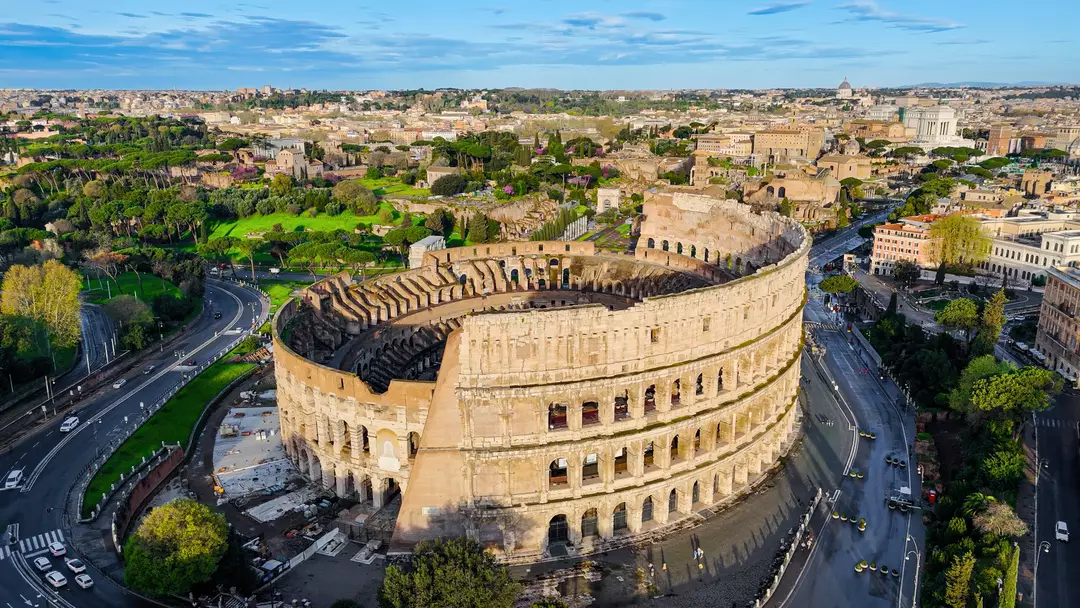The revelation of what a ‘Roman shower’ actually entails has left many people stunned.
While most have heard of a Roman candle, the firework, its shower equivalent is not as well known.
The Roman civilization is famous for numerous achievements: conquering vast territories, constructing roads, enduring volcanic eruptions, and, of course, gladiators. Additionally, their adaptation of Greek deities is a significant part of their history.
Though there’s a running online joke about men thinking of the Roman Empire daily, it’s doubtful that a Roman Shower would be a pleasant topic in those thoughts.
If you’re guessing this involves something of a sexual nature, you’re correct. If such topics aren’t for you, it might be best to stop reading here.

Some might correlate it with acts involving urination, but that’s actually known as a ‘Golden Shower’.
While a Roman Shower does involve bodily fluids, it specifically excludes urine.
And it’s not related to excrement either.
So, what kind of fluid is associated with a Roman Shower?
In this act, one partner vomits on the other, with mutual consent.
Reactions flooded in, as many shared their thoughts on a LoveHoney forum.

One user commented: “This is a new one for me. Wouldn’t be something I’d want to try.”
Another remarked: “Whew, just when I thought I had heard of everything, I stumble across this post. I clicked it because you know, curiosity and all but WHOA.”
Someone else expressed: “I don’t enjoy being sick normally, so there’s zero chance of me doing it for a sex thrill.”
The origins of this peculiar term could be traced back to a misconception about Roman culture, particularly their feasting habits.
It’s mistakenly believed that affluent Romans would gorge themselves at feasts and then proceed to a ‘vomitorium’ to purge before continuing to eat.
This myth portrays Romans as indulging excessively, eating for pleasure alone without regard for fullness.
However, the truth is that ‘vomitoria’ were actually passageways in amphitheatres that helped crowds exit efficiently, metaphorically ‘vomiting’ them onto the streets.
In modern theatres, exits on stage are sometimes still referred to as ‘voms’.

